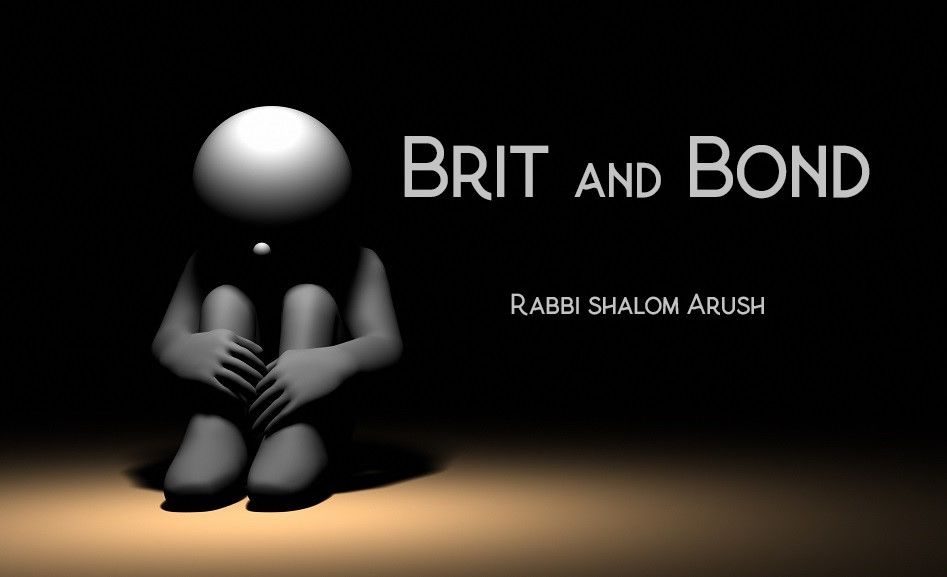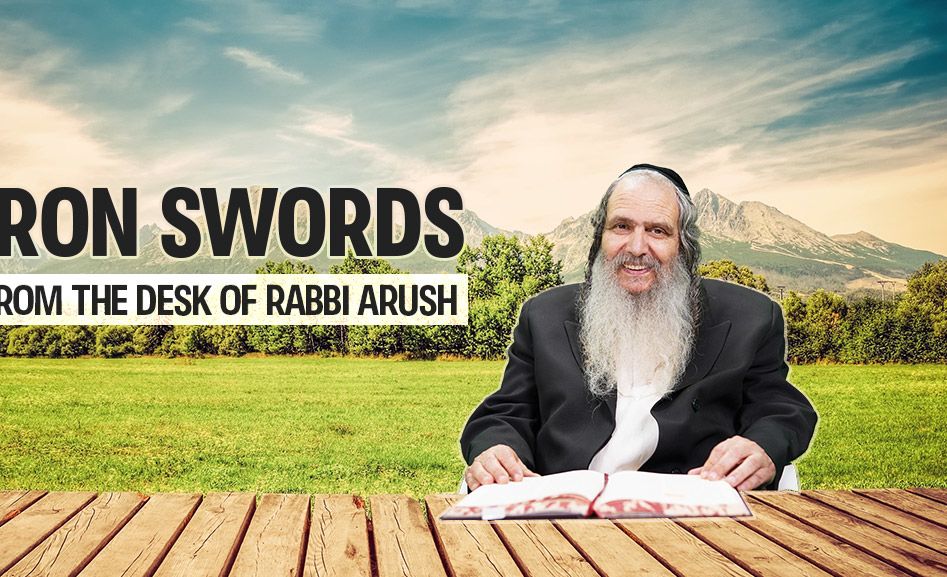
Holding on to Joy
People don't believe they can attain their soul correction by holding on to joy. They have the mistaken notion that teshuva should be sad and melancholy...

Don’t let the evil inclination lie to you and don’t let it knock you down into sadness and despair. You must hold on to joy no matter what. Rebbe Nachman of Breslev once remarked to his pupils, “Even if I would commit the worst sin in the world, I wouldn’t fall into despair; I’d simply do teshuva and continue serving Hashem with joy.”
People don’t believe that they can attain their soul correction simply by holding on to joy. They have the mistaken notion that teshuva should be sad and melancholy, despite the fact that the Zohar says that sadness comes from the “dark side”. We must therefore pray that Hashem purifies our hearts from sadness and help us be joyful all day long, for joy indicates the true service of Hashem.
A person who is striving to enhance his personal holiness should especially be cautious about being happy always, for joy is not only synonymous to holiness, it is holiness. As we mentioned earlier, when a person is joyful, Hashem personally guards his holiness. With joy, a person has the will to pray and speak  to Hashem extensively, for joy is the best way to connect to Hashem.
to Hashem extensively, for joy is the best way to connect to Hashem.
A person without joy persecutes himself: “My personal prayer was terrible, my regular prayers were heartless, Hashem can’t possibly want to listen to a person like me…” Being happy is a mitzvah in itself, not connected at all with what you did or didn’t do. Even if a person transgressed, that doesn’t alter the fact that the Torah obligates him to be happy. A person can always rejoice in Hashem and derive joy from the mitzvot that he is able to do. One is always free to get closer to Hashem and to cling to Him, as King David says, “I shall rejoice in Hashem” (Psalm 104:34).
Our sages teach than one mitzvah triggers additional mitzvot, while one transgression triggers additional transgressions. If any random mitzvah has the power to trigger an additional mitzvah, then the prodigious mitzvah of joy certainly leads to doing additional mitzvot with desire and agility. The opposite is true with the huge sin of sadness: it can pull a person way down and bring him to do many more transgressions, Heaven forbid.
One can be happy even if he had a setback. First, he should cling to the mitzvah of being happy, no matter what. Once he maintains his happiness, he can easily do teshuva, for the mitzvah of being happy can trigger the mitzvah of teshuva. And, if the person makes teshuva out of love, the sin he committed turns into a mitzvah. So by clinging to joy and remaining happy, a setback becomes a victory.
Rebbe Nachman warns that when a person is sad, the Divine Presence leaves him, for the Divine Presence is absolute holiness while sadness is the epitome of ungodliness. Consequently, sadness in marriage destroys marital peace, for a home with marital peace must be a worthy dwelling place for the Divine Presence.
With joy, a person has everything, material and spiritual. He merits good health, an adequate income and teshuva from love. He’ll see a good life of gratification in this world and in the next. This is measure-for-measure, since one moment of serving Hashem in joy brings Him limitless gratification. Serving Hashem in joy is a sign that a person is not merely fulfilling an obligation, but serving Hashem with all his heart. The Geula, the final redemption of our people, depends on us serving Hashem with joy. Rebbe Nachman’s teachings revolve completely around the concept of joy and holiness, and he urged his pupils to be happy always, for that way, they’d illuminate the world. You can too!







Tell us what you think!
Thank you for your comment!
It will be published after approval by the Editor.